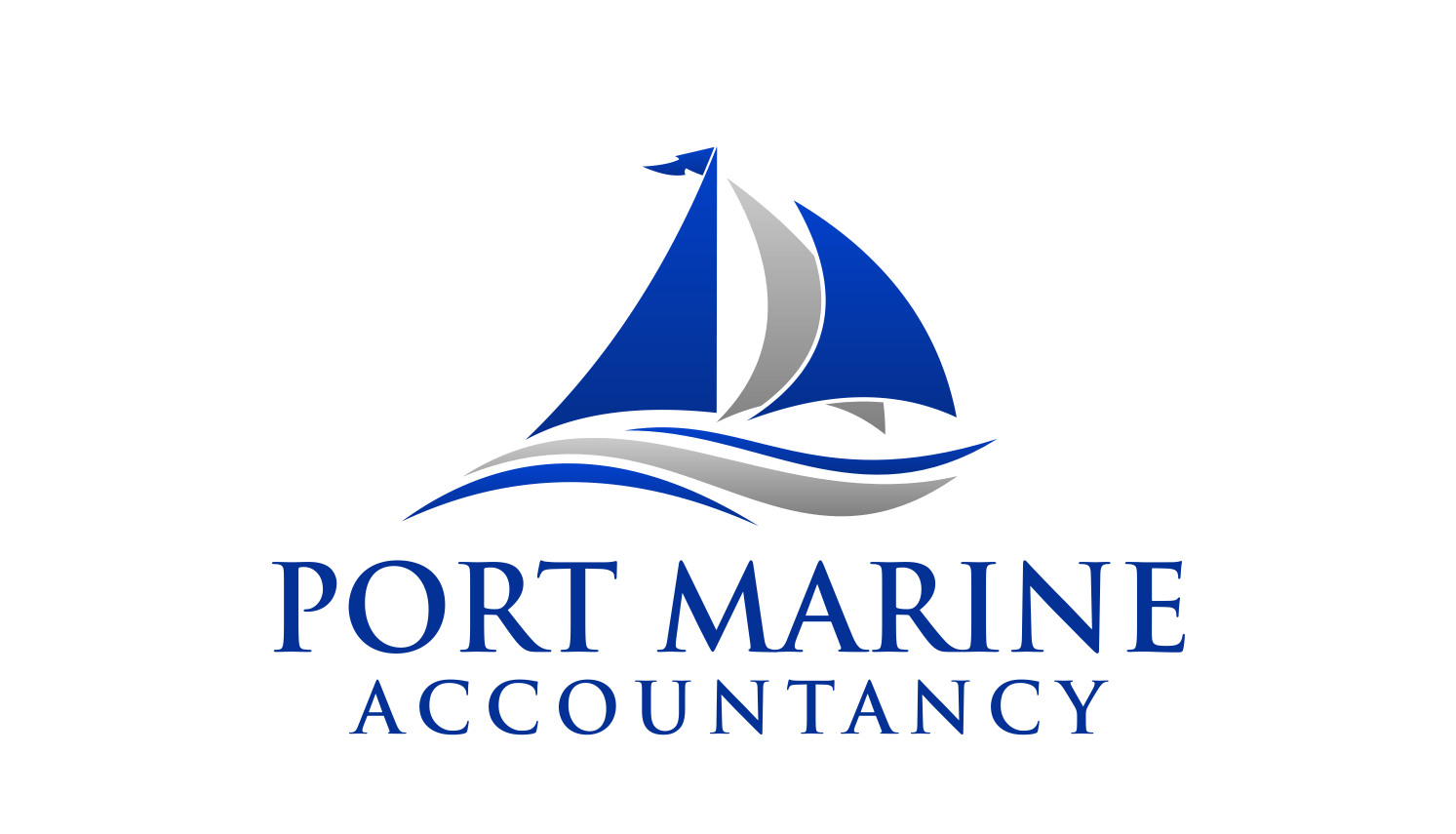Personal Tax
Personal Tax
We apply forward-thinking ideas and solutions to all Personal Tax
issues you face, and approach each case with passion and commitment.
Why would you need help with Personal Tax
You need to file your Income Tax Return if you started new business and became a Sole Trader or joined a Business Partnership, have an additional income from dividends, interest or property rentals and need to declare it .
You might have sold property or shares and became liable for Capital Gains Tax.
In all above cases you need help of professionals to make sure you use all available tax reliefs for your advantage.

04 Mar, 2021
The deadline for applications for all the government-backed loan schemes including the Bounce Back Loan scheme, Coronavirus Business Interruption Loans and the Future Fund ends on 31 March 2021. The Chancellor did not announce any further extension to these loan schemes but instead announced that a new successor loan guarantee programme would be introduced from 6 April 2021. The Recovery Loan Scheme will allow businesses of any size to access loans and other kinds of finance between £25,000 and £10 million. The new scheme will remain open until 31 December 2021 (subject to review). The scheme will provide further support to businesses to help them recover and grow following the disruption of the pandemic and the end of the transition period. Under the new loan scheme, the government will provide lenders with a guarantee of 80% on eligible loans provided to UK businesses. The scheme will be open to all businesses, including those who have already received support under the existing COVID-19 guaranteed loan schemes. The following finance options will be available: Term loans and overdrafts will be available between £25,001 and £10 million per business. Invoice finance and asset finance will be available between £1,000 and £10 million per business. Finance terms are up to six years for term loans and asset finance facilities. For overdrafts and invoice finance facilities, terms will be up to three years. No personal guarantees will be taken on facilities up to £250,000, and a borrower’s principal private residence cannot be taken as security. Further details on how to apply and details of accredited lenders will be released in due course.

04 Mar, 2021
Designed to help offset the increased Corporation Tax main rate and promote investment, the Chancellor announced the introduction of a new ground breaking super-deduction tax relief. The new temporary tax relief applies on qualifying capital asset investments and will apply from 1 April 2021 until 31 March 2023. The new super-deduction is designed to help companies finance expansion in the wake of the coronavirus pandemic and help to drive growth. The measure will apply to qualifying expenditures as follows: a super-deduction providing allowances of 130% of most new plant and machinery investments that ordinarily qualify for 18% main rate writing down allowances a first year allowance of 50% will apply to most new plant and machinery investments that ordinarily qualify for 6% special rate writing down allowances The measure will apply to qualifying expenditure from 1 April 2021 and will exclude expenditures incurred on contracts entered into prior to Budget day, 3 March 2021. Certain expenditures will be excluded. The government had also previously announced that the temporary Annual Investment Allowance (AIA) cap would be extended for a further 12 months. The AIA allows for a 100% tax deduction on qualifying expenditure on plant and equipment. The temporary limit of £1 million will remain in place until 31 December 2021 before reverting to the usual £200,000 limit.

04 Mar, 2021
The Coronavirus Job Retention Scheme (CJRS) commonly known as the furlough scheme will be extended until the 30 September 2021. The Chancellor confirmed that employees will receive up to 80% of their salary for hours not worked subject to a monthly maximum of £2,500 until the scheme ends. The CJRS will also continue in its present form for employers until the end of June 2021. As the economy reopens and demand returns, the government will introduce employer contributions towards the cost of unworked hours of 10% in July and 20% in August and September. The Chancellor, Rishi Sunak also confirmed that the Self Employed Income Support Scheme (SEISS) will continue for a fourth and fifth grant. The fourth grant covers the period from 1 February 2021 to 30 April 2021 and the fifth and final grant will cover the period from May onwards. The fourth grant will provide support covering 80% of average trading profits, up to a maximum of £7,500 for those who meet the eligibility requirements. The fifth and final grant will see those whose turnover has fallen by 30% or more continuing to receive the full 80% grant whilst those whose turnover has fallen by less than 30% will receive a 30% grant. The SEISS scheme will also be extended to the newly self-employed who filed a 2019-20 tax return by midnight, 2 March 2021.
Request a meeting
Happy to chat things through
Thank you for requesting a metting.
We will get back to you as soon as possible.
Oops, there was an error sending your message.
Please try again later
Please try again later
Port Marine Accountancy Ltd
Registered in England and Wales
Company Number 08523516
